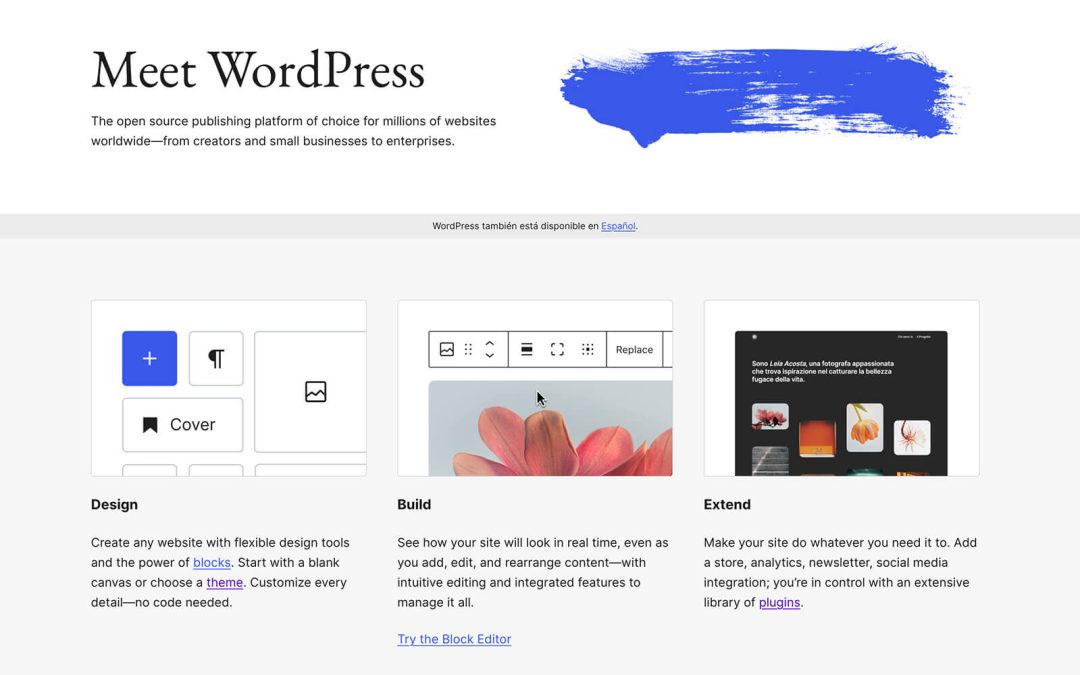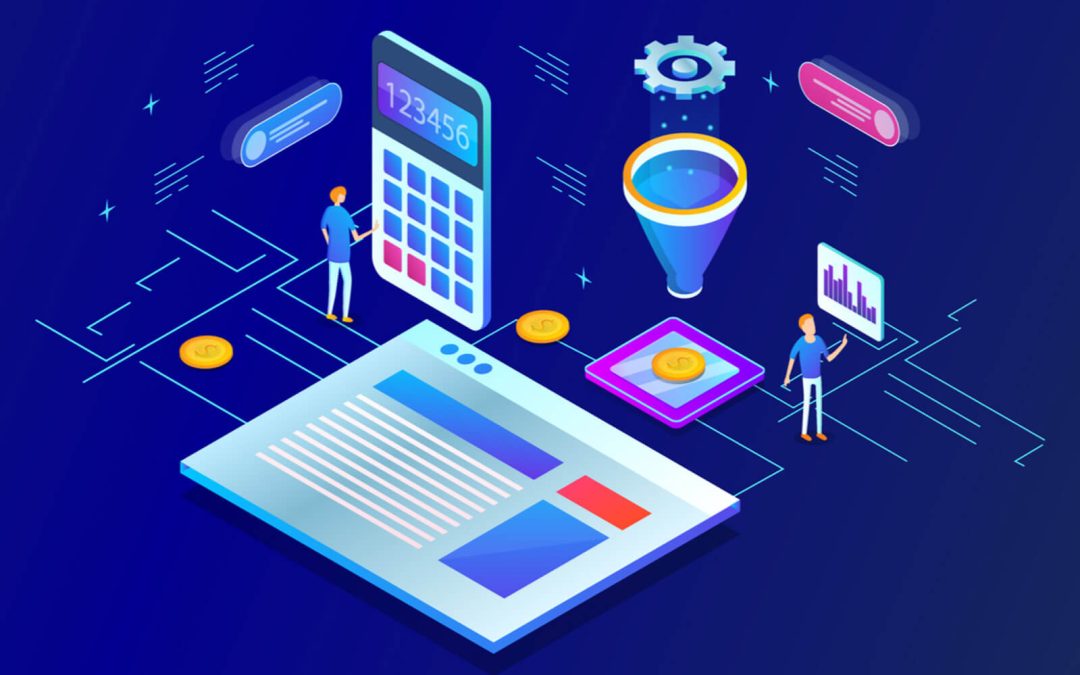In today’s digital age, it’s no secret that a website is often the first point of interaction between an organization and the audience it’s trying to reach. Whether it’s the homepage of a profitable corporation, a nonprofit organization, or a personal blog, all these different entities are trying to find the best way to engage and inform the individuals who land on their websites.
However, not all websites are created equally. This is especially true when assessing a site’s accessibility. Online users who have disabilities face barriers that prevent them from fully engaging with content online. For business owners, not having an accessible site could prevent possible champions of your brand from ever having a chance to learn about who you are and how you intend to provide a product, service, or education to make their lives better.
Why Website Accessibility Matters
Website accessibility is the act of designing and developing a website that allows everyone to engage with it, regardless of their physical or mental disabilities. When done right, accessible websites have the power to help people find the content they need online and learn more about your brand.
Some of the most common benefits of accessible website design include:
- Open your doors to a broader audience. This can help increase website traffic and engagement.
- Enjoy better SEO, as many accessibility features can help boost how you rank on search engine results.
- Improves the user experience by making the site easy to navigate and enjoyable to engage with.
- Positively reflects on your brand’s reputation as an entity that values inclusivity by prioritizing an accessible website.
How to Ensure Your Website is Accessible
Creating an accessible website doesn’t need to be as difficult as it may seem. Some practical actions you can take to make your site more accessible today include:
- Use descriptive alt text for images: Alt text, short for alternative text, is a brief description of an image. It helps the visually impaired, who rely on screen readers, to understand what is on a webpage.
- Enable keyboard navigation: Many users who suffer from mobility issues rely on keyboard shortcuts to navigate the Internet. Making sure your website can be navigated without a mouse can help these users still find the information they are looking for.
- Provide closed captions for multimedia: Any video on your site should have closed captions to help deaf or hard-of-hearing users better consume the content. This not only makes the content more accessible but can also help users better comprehend what is being shared, especially if someone is in a noisy room or sound-restricted environment.
- Choose accessible colors and contrast: Prioritize using colors that clearly contrast text and the background. The higher this contrast, the more likely someone who is visually impaired will be able to read the content clearly. Using a tool like Accessible’s contrast checker can help you evaluate and improve your color palette.
- Design with clear structure: Use proper HTML headings to help structure your content logically. This can help your website be a much less overwhelming experience as users sift through content and comprehend what is being communicated. This can help ensure your audience interprets the information on your site correctly and improve their overall experience.
- Test your website’s accessibility: Be sure to regularly test how effectively your website’s accessibility features are functioning. If any feature is down, even for a brief moment, it could prevent you from converting new prospects to customers or create unfavorable impressions of your brand. Using Accessible’s plugin will scan your site to ensure everything is running correctly.
By taking steps like these to make your website more accessible, you can help reach a wider audience and ensure that everyone who wants to engage with your content is able to do so. For any assistance getting started, contact us at Arca Interactive.



